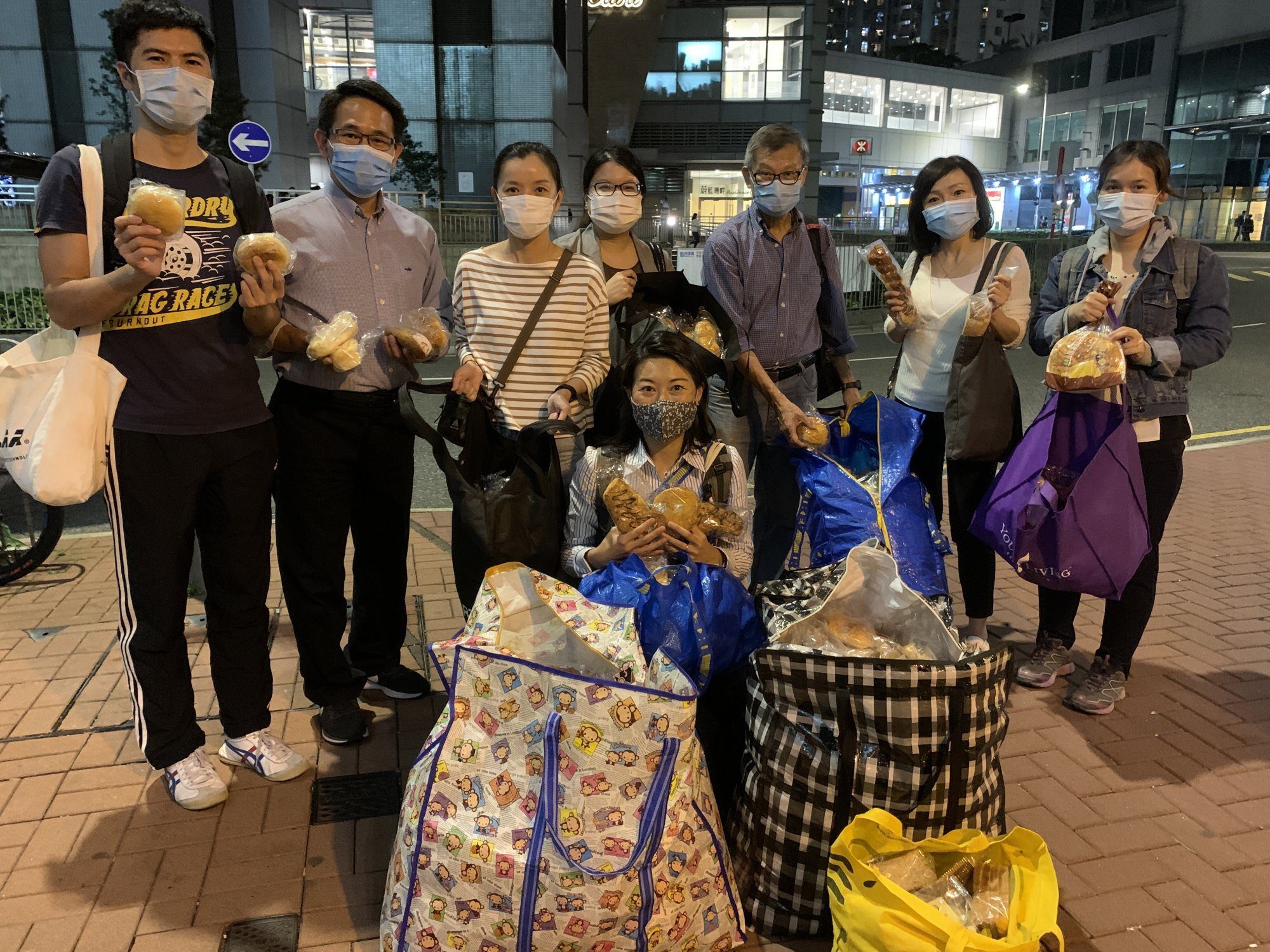A Call for Integrated Approaches to Food Waste, Education, and Employment in Asia
Readers have expressed strong opinions on various aspects of news, including the need for more integrated strategies to address food waste reduction, sustainability education, and the challenges of bridging the gap between education and employment in Asia. These perspectives highlight critical issues that require urgent attention from policymakers, educators, and communities.
One key area of focus is the importance of food recovery as essential urban infrastructure. This approach is vital for sustainable waste management and social support. Advocates argue that governments should provide stable, long-term funding for non-governmental organizations (NGOs) and introduce policies that protect food donors from liability. Tax incentives and cross-departmental collaboration can also play a significant role in ensuring that surplus food reaches those in need rather than ending up in landfills.
Food recovery is not just an environmental issue; it intersects with public health and social welfare. A 2024 survey of 307 beneficiaries, mostly elderly individuals, revealed that 84% reported improved health and 92% experienced financial relief. Many of these individuals were managing chronic illnesses that required specialized diets. Despite these benefits, NGOs face significant challenges, including limited funding and complex logistics.
International examples, such as France, South Korea, and Singapore, demonstrate that government policies and incentives are crucial to scaling sustainable food waste reduction. These policies can lead to better resource allocation, reduce landfill pressure, and improve community nutrition. It is time for Hong Kong to institutionalize food recovery as a core public service aligned with its goals of environmental sustainability, public health, and social welfare.
Enhancing Sustainability Education in Schools
Education plays a pivotal role in equipping students with the skills needed to tackle real-world challenges like climate change and biodiversity loss. However, a recent report by Civic Exchange found that many secondary schools in Hong Kong still overlook sustainability in their development plans. Out of 482 schools reviewed, 73% did not mention sustainability, highlighting a disconnect between the city’s education system and global climate action efforts.
To bridge this gap, educators should look to innovative international practices. For example, Indonesia’s UPTD SD Negeri Papela primary school won the AIA Healthiest Schools Competition through a project called “Ecolitera: The Trash Tells a Story.” Students exchanged plastic waste for school supplies and transformed recycled materials into classroom furniture. Old tyres became planters, and organic waste was converted into fertilizer, benefiting local farmers. This kind of cross-curricular innovation is what Hong Kong schools need—sustainability education must go beyond isolated lessons or occasional projects.
Preparing Asia’s Youth for the Future Workforce
Asia faces a significant challenge in ensuring that its youth are equipped with the right skills for the workforce. According to the International Monetary Fund, unemployment rates remain high in several countries, including Pakistan, China, India, and Indonesia. Automation has displaced low-skilled workers, while technology adoption has created new opportunities for higher-skilled positions.
However, mismatches between skills and job needs persist. In Indonesia, many vocational school graduates remain unemployed, and in China, the rapid expansion of university enrollments has led to intense competition and a mismatch between academic credentials and available roles. Addressing these issues requires aligning educational pathways with industry needs and building stronger school-to-work pipelines.
Governments should tailor training programs to regional economic demands, whether in agriculture, manufacturing, or technology. Remote work offers a promising path, with around 16% of Singaporean employers supporting remote work in 2024. By improving English proficiency and digital literacy, Asia’s youth can take advantage of global remote employment opportunities.
Bridging the gap between education and employment is not just a top-down policy issue; it requires bottom-up efforts. Empowering young people with relevant skills, real opportunities, and renewed confidence is essential for their success in the workplace of tomorrow.










